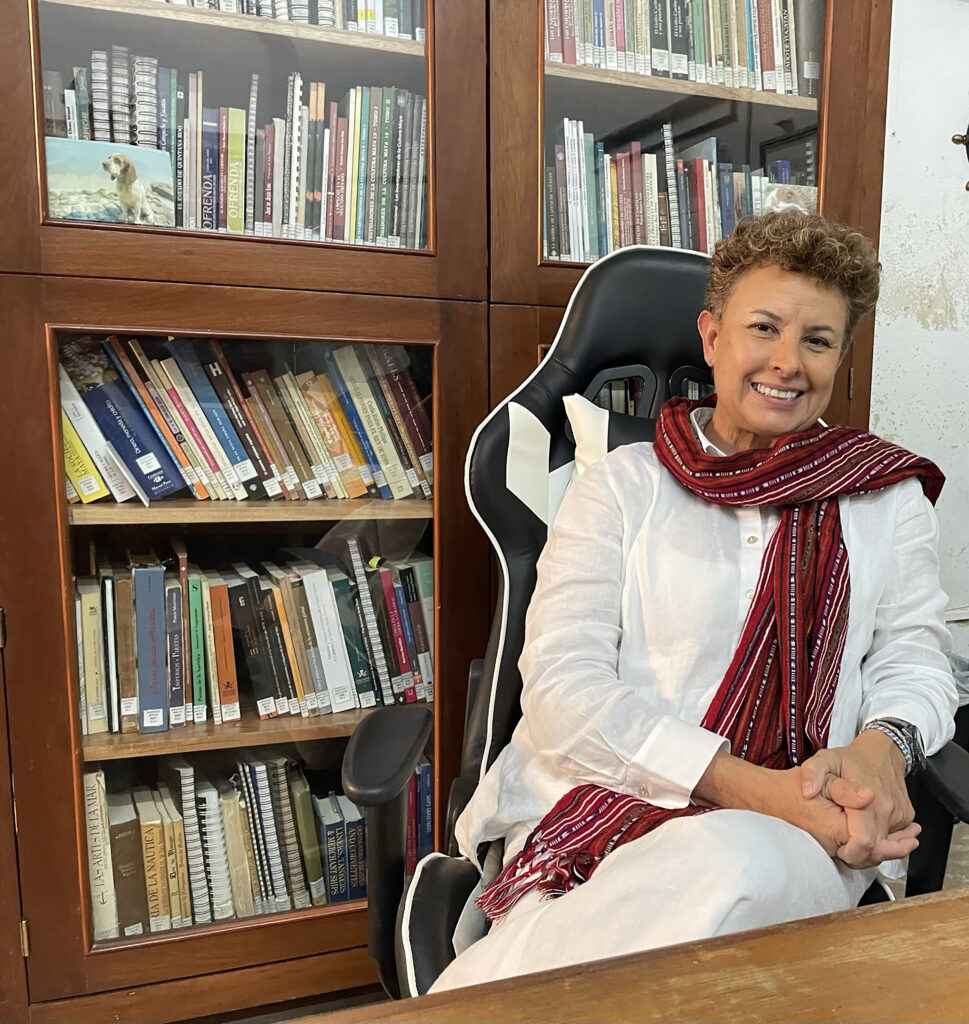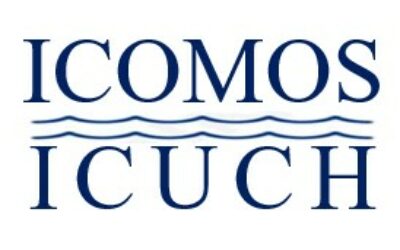
Helena Barba Meinecke
Professional biography
Helena Barba-Meinecke is a Mexican archaeologist who graduated from the National School of Anthropology and History and from the postgraduate program in Nautical and Underwater Archaeology at the University of Cádiz, Spain. She is a Senior Research Professor, responsible for the Yucatán Peninsula Office of the Underwater Archaeology Vice directorate at the INAH (National Institute of Anthropology and History), Mexico, since 2003. She directs various projects focused on the protection, conservation, research, dissemination, and enhancement of underwater cultural heritage in marine, inland, and continental waters.
Between 2013 and 2025, she served as Mexico’s Focal Point for the 2001 UNESCO Convention on the Protection of Underwater Cultural Heritage and as a member of its Scientific and Technical Advisory Board (STAB), a body she chaired from 2016 to 2017 and served as vice president from 2023 to 2024.
She currently heads UNESCO missions to the 16th-century La Isabela site in the Dominican Republic and to the submerged Mayan archaeological site in Lake Atitlan, Guatemala.
She is the Coordinator of the Scientific Committee on Underwater Cultural Heritage of ICOMOS Mexicano A.C. and a member of the International Committee on Underwater Cultural Heritage (ICUCH) of ICOMOS for Latin America and the Caribbean.
She is the manager and curator of MARSUB, the Museum of Underwater Archaeology. San José El Alto Fort, Campeche, is a project designated as a UNESCO Best Practice. She also collaborates in the production and curatorial work of museums on Cozumel Island, the Regional Museum of the Eastern Coast in Tulum (MURECO), and the Palizada Museum, an initiative awarded the Miguel Covarrubias-INAH Prize (2021).
She has coordinated three scientific books and published over 100 scientific and educational articles, given lectures, and organized courses in both national and international forums.
